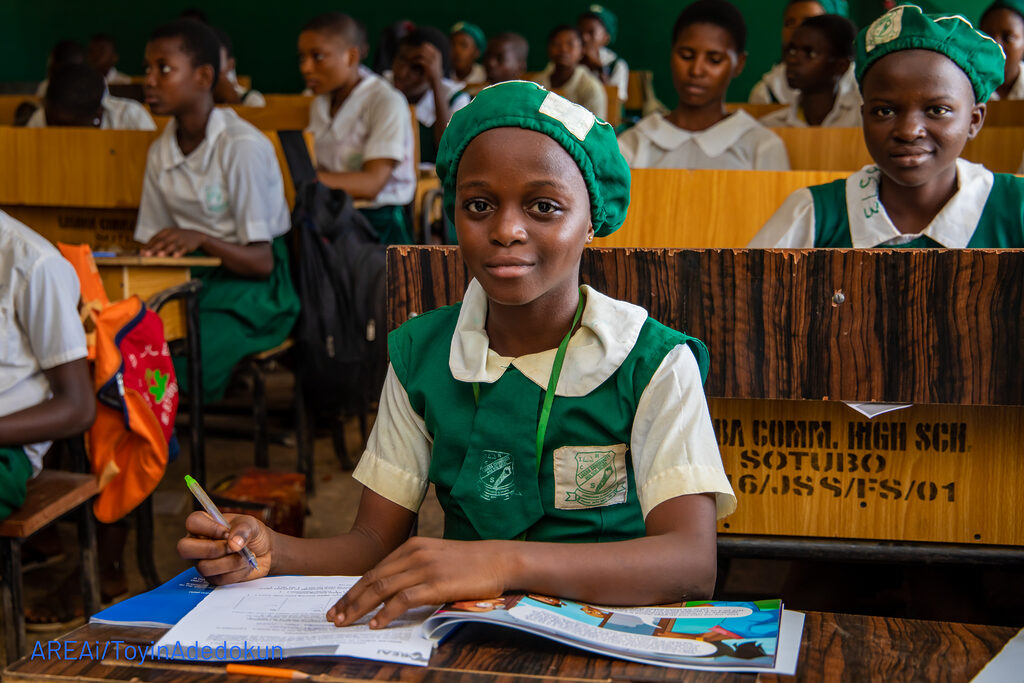
Today, over 90% of jobs require digital skills, yet by 2030 more than half of young people will still lack even basic competencies. This gap is most severe for marginalized groups—especially refugee girls—who face barriers of poverty, displacement, and limited access to technology. Nearly one billion girls worldwide lack the digital literacy needed to use the internet safely and productively, preventing them from fully participating in education, work, and society. For refugee girls, this exclusion compounds existing vulnerabilities, undermines gender parity, and threatens future opportunities. Closing this gap requires urgent investment in equal access to devices, training, and online safety to ensure refugee girls are not left behind in the digital future.
“The digital skills disparity is even more pronounced for refugee girls, who face compounding barriers—from limited access to digital infrastructure in camps to financial constraints and disrupted education pathways. Without targeted interventions, they risk being excluded from a digital economy that could be a pathway to both empowerment and financial independence.”
To bridge the gender digital divide as well as promote women and girls’ representation and participation in today’s digitally connected world, AREAi is deploying a tailored and curated digital skills development programme under its digital equity focus area. With a firm focus on the most marginalized, particularly young women that are NOT in Education, Employment or Training (NEET) and adolescent school-aged girls, the Digital Skills Accelerator for Women and Girls has two learning tracks; the Basic Digital Skills for Learning Program for girls between age 13 and 18, and the Advanced Digital Skills for Employability Program for young women between age 18 and 25. These phased interventions across a combined 9 months curriculum respond adequately to the digital learning needs of both young women and girls in building digital competence and acquiring digital skills through a rigorous skill-based learning approach, with a distinctive peculiarity in the scope, content, and delivery of skills programming for either of these populations. Through our DSA program, we will be supporting young women and girls aged 13-25 in building digital awareness, competence and digital skills required to leverage digital tools and platforms for learning and or socio-economic advancement. Unarguably, giving women and girls access to the Internet and the skills to use digital technologies provides them the opportunity to access the benefit of our digitally connected world.
We integrate financial inclusion modules tailored for adolescent girls in refugee camps and female students, within both tracks—offering digital financial literacy, mobile money skills, and understanding of micro-entrepreneurship opportunities. This ensures beneficiaries can translate digital skills into economic agency, even within and outside the constraints of displacement settings.
Refugee girls trained in digital and financial literacy.
Gain in mobile money usage proficiency among refugee participants.
Online jobs/freelance gigs secured via Digital Pros by refugee girls.